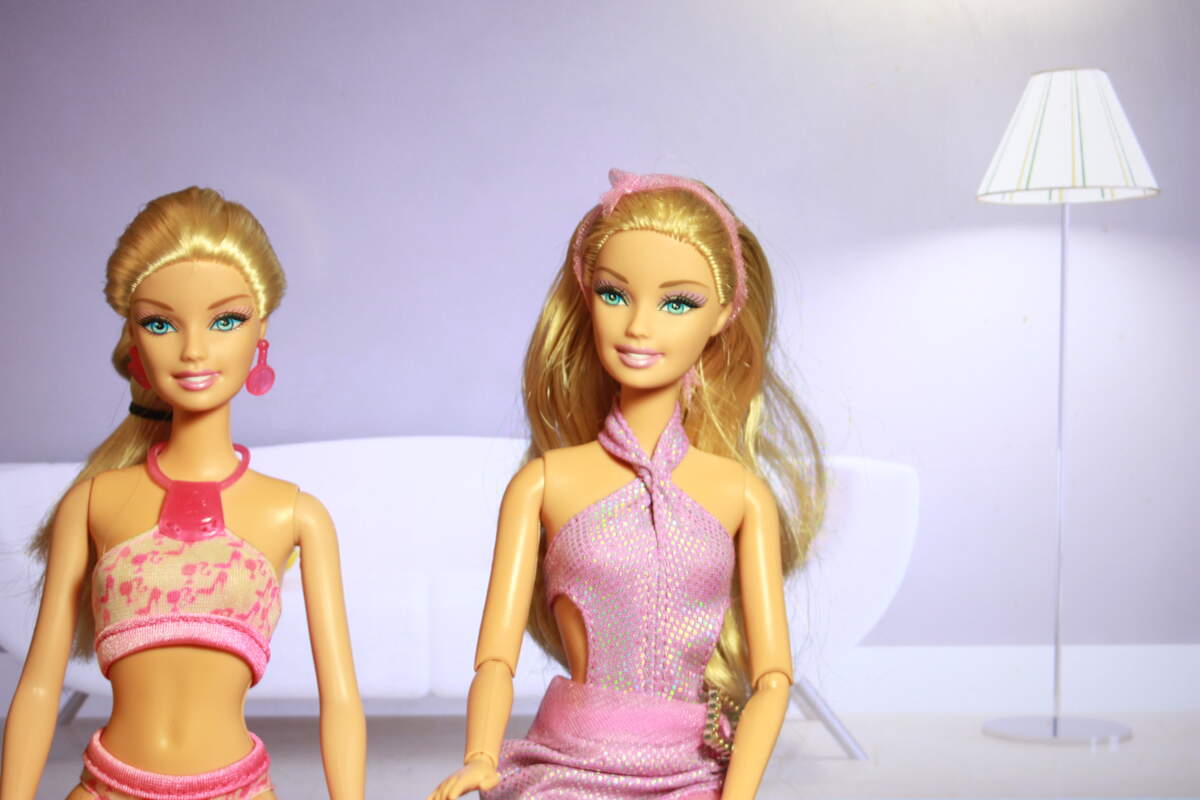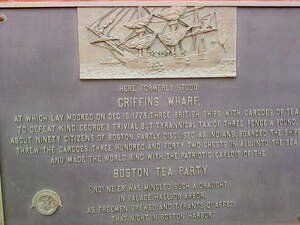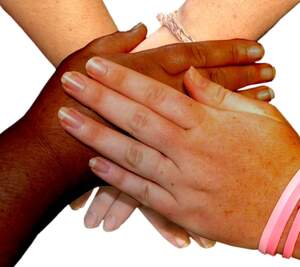

Barbie and Barney Backlash Day
"If we have to explain this to you, you don't have kids. It's the one day each year when mom and dad can tell the kids that Barbie and Barney don't exist," said the creators of Barbie and Barney Backlash Day. Barbie and Barney have long been favorite characters for children, and parents have often seen them as being annoying or lacking in substance. On today's holiday, parents have the chance to tell their children what they really think of Barbie and Barney, and can let them know that the characters aren't even real.
Barbie was thought up by Ruth Handler, wife of one of Mattel's founders, Elliot Handler. Handler noticed her daughter, Barbara, gave adult roles to paper dolls when she played with them. In 1956, Handler bought three German Lilli dolls while vacationing in Switzerland, and used them as inspiration in creating the Barbie doll upon returning back to California. On March 9, 1959, Barbie made its debut at the American International Toy Fair in New York City, which became Barbie's birthday, and also Barbie Day. But, Barbie did not make its debut in stores until September 6, on what is now Barbie Doll Day. The first Barbie wore a black and white swimsuit, had the full name of Barbara Millicent Roberts, and was available with either blonde or brunette hair.
Over the years, Barbie has been seen as a positive inspiration to girls by demonstrating the many careers that young girls could pursue. But, Barbie has not been without controversy, and many have been critical of the doll's unrealistic body shape. Over one billion Barbie dolls have been sold since they made their debut, and Barbie has become an American cultural icon.
Barney is a purple anthropomorphic tyrannosaurus rex from the children's television show Barney & Friends. Barney's show is filled with songs, dances, and his positive attitude. His character was created by Sheryl Leach in 1987, who made a series of home videos titled Barney and the Backyard Gang.
In 1991, Larry Rifkin, an executive from Connecticut Public Television (CPTV), saw one of the videos and shared it with the president of the network, Jerry Franklin. Franklin showed it to his preschool-aged son, who loved it. CPTV and Lyrick Studios began producing Barney & Friends, and PBS began airing it nationally in 1992. After the first 30 episodes, PBS was planning on stopping the show, but after a campaign from parents and CPTV members, they acceded to continued production. New Barney & Friends episodes were created until 2009.
Barney & Friends has been criticized for being devoid of any redeeming educational qualities, as well as for being repetitive. Some have criticized the show for painting a rosy picture of life, where everyone is happy and difficult life events and emotions don't need to be dealt with. Its songs, such as "I Love You," are widely seen as being annoying, and have even been used to interrogate prisoners of war. But, others have said the show is age appropriate, saying it delivers the right level of content for preschool-aged children.
How to Observe Barbie and Barney Backlash Day
If you are a parent, celebrate the day by telling your children that Barbie and Barney are fake characters and don't really exist. Tell them they can't make their Barbie dolls talk because Barbies are just pieces of plastic. Tell them that Barney is really just a person in a costume and all the children he plays with are actors. The rest of the year you should let your children play with Barbies and watch Barney & Friends, but today you are free to let all your thoughts about the two characters out. Even if you don't have children, you can still celebrate. Just walk around telling children that Barbie and Barney aren't real.





















